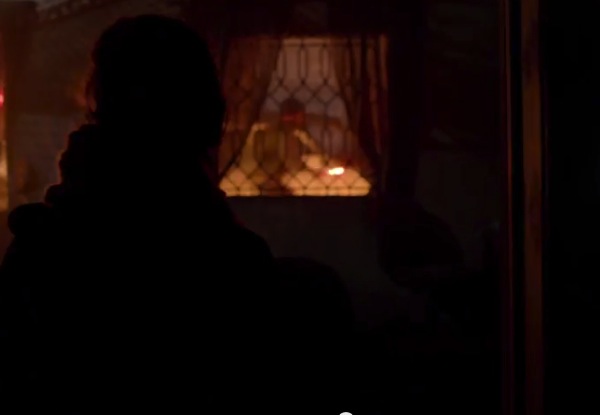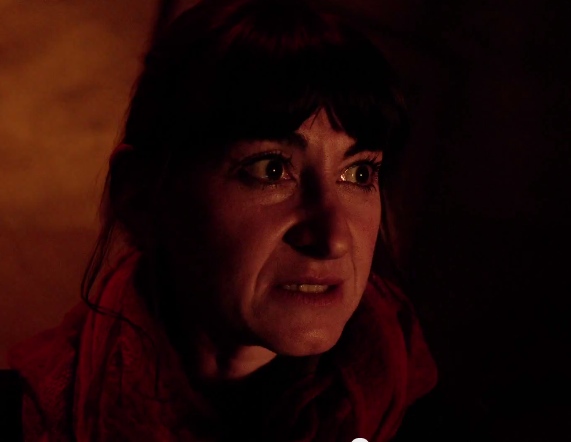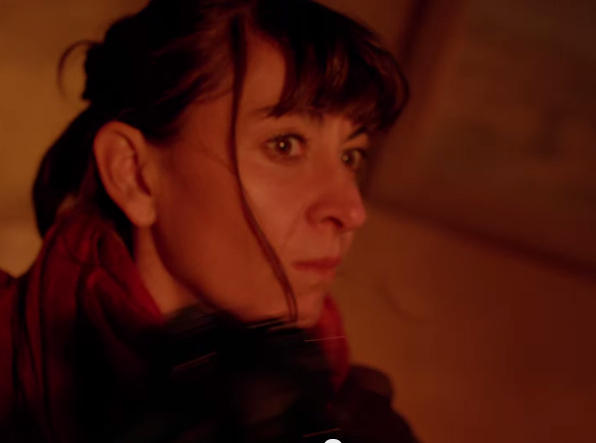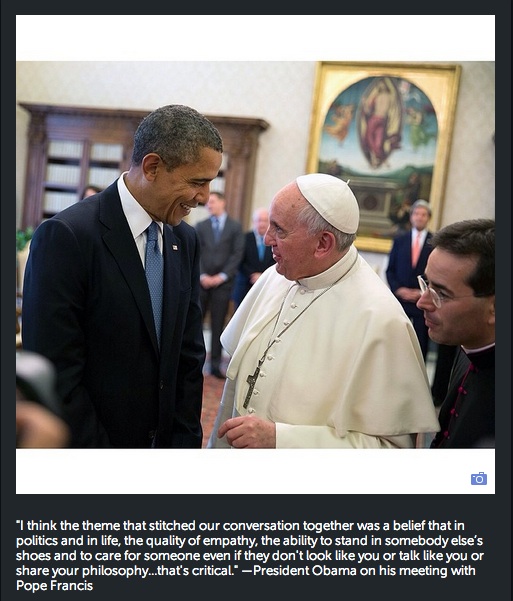Notes
Lynsey Addario and that Audi Commercial: Reframing the War Photographer — (Postscript Added)
Sure, we could dwell on the commercialism, Audi channeling the aura of a conflict photographer into a luxury car. We could also focus on the reflex to turn war photographers into rockstars and public icons — especially in an age where personal branding and the glorification of self seems to trample all. And yes, good advertising, because it feeds off the culture’s pulse and is all too clever about where the heart meets the mind, means: prepare to get owned.
In spite of all that, though, what a fresh reflection for an industry that has been so historically identified by the adrenaline rush and the macho, male war photographer. Even if this recasting was the product of umpteen focus groups, it’s both gratifying and affirming to see the quintessential war shooter, in such a general public medium, personified by a woman as committed and accomplished, talented and respected as Lynsey Addario.
Of course, her sequence in the general commercial, as well as her Audi-branded profile piece (taken and thrown on the ground; kicked in my face) is largely colored by her experience of abduction and sexual aggression meted out by Gaddafi loyalist in Libya. Clearly, It’s her resilience and undeterred self-expression in the aftermath that Audi aims to port to the car. If that story helps sell some vehicles, good for Audi. For women, especially in that younger target demographic, more power to them that Lynsey’s empowerment is so organically situated in her professional role. And for photography and photojournalism, what a sign of development: not just the gender, but this quiet confidence.
*********************
A POSTSCRIPT:

Since I wrote about this on Friday, I realize that I missed the boat. Or, had a breakdown out on the way to the road track. Kicking the tires, I can see I felt obligated to say something about these commercials because people I respect were confused by them and wanted me to weigh in. My mistake is that I hit the gas pedal when the subject matter — as deeply crafty as big time, huge dollar TV commercials are — was not only very entwined but well off the road of my main light, which is news and news photography (vs. photographers).
Still, I get that people in the tribe are concerned about Audi’s engagement of one of their own, and upset with me for delving in without saying something/s that make more sense. For that reason, I felt a U-turn was in order, at least to revisit my original quick stop. It’s not that I actually have much to say about the videos, but I know I can take a much better drive at some better questions.
In looking at Dues and Uncompromised Portrait, the first question — back to myself, based on what I wrote on Friday — is how much the casting and dramatization of Ms. Addario’s kidnapping in Libya really represents a victory for human perseverance, female empowerment and a reframing of the public stereotype of the male war photographer? Is that what’s really going on here or are the ads raising much different questions. If do-overs are ever really possible, here’s what I might be asking instead:
- How are we to understand the underlying plot in the dramatization in the commercial? When Addario states with conviction in the main commercial “I’ve had my share of getting sand kicked in my face” and then raises her camera and continues shooting, to what extent does it reference her general mistreatment by the Libyan captors and to what extent does it reference the sexual harassment/assault and potential for humiliation that received so much attention (1, 2, 3, 4) by the media?
- To what extent is Ms. Addario’s role as a photojournalist complicated by other roles set up by the ad, such as cultural celebrity or abuse victim? And to what extent has her experience and the media attention to her misfortune become the basis of a commercial transaction, Audi adopting it to associate the Audi A3 with the quality (and tag line) of being: “uncompromising.”
- In commercializing the episode in Libya in the profile ad, was there any recognition in advance as to how the dramatizing of the event might reflect on the loss of the driver, Mohammed, who by the account of the journalists, lost his life in the abduction?

- And in creating a dramatization of Addario shaking off the attack/abuse while caught in a building in a desert conflict situation, how much does the ad valorize her just for overcoming her victimization? And, to what extent does the role of victim actually compete with her role as a photographer, representing her strength as internal and gender-based as opposed to symbolic of her profession and the fortitude of all war photographers, male and female.
Clearly, Lynsey Addario is one of the most accomplished photojournalists in the field. Her commitment to her craft and to documenting the experience and the adversity facing men, woman and children around the world has made a significant contribution to her profession and the world. To the extent the Audi commercials frame the journalist as a celebrity and a public commodity, however, and frame her experience of victimization as a defining characteristic in the eye of a vastly wider audience, I could probably have paid a little more attention to the road.
Videos: Dues: The all-new Audi A3 is here; Uncompromised Portrait.
(screenshot: Dues/YouTube)



Reactions
Comments Powered by Disqus